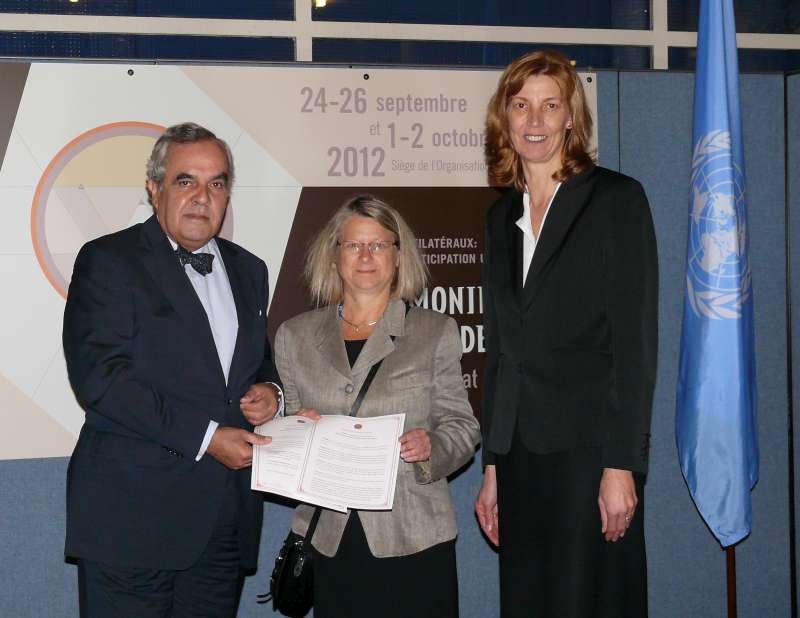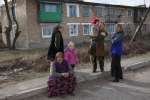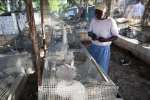- Text size
 |
|  |
|  |
| 
- عربي
Ecuador, Honduras and Portugal accede to Statelessness Conventions
News Stories, 2 October 2012
GENEVA, October 2 (UNHCR) – UN High Commissioner for Refugees António Guterres today praised Ecuador, Honduras and Portugal for joining the growing ranks of countries that have taken concrete steps to address the issue of statelessness.
Ecuador became a party to the 1961 Convention on the Reduction of Statelessness, Honduras to the 1954 Convention relating to the Status of Stateless Persons, and Portugal became party to both conventions.
"The action by these three states demonstrates a growing awareness about statelessness and, more importantly, the political will to address it," Guterres said, while noting that statelessness affects up to 12 million people worldwide. Most have no secure residence in the countries where they reside, are denied the legal right to work and have limited access to education and health care.
"We are at a turning point. Fifteen states have become parties to the Conventions in the past 18 months and we know that many more are preparing to do so – in the Americas, Africa, Asia, Europe and the Middle East," the High Commissioner said. "This is unprecedented."
Guterres was referring to a landmark ministerial conference in Geneva last December, where more than 60 governments pledged to take action to prevent and reduce statelessness and to protect the rights of stateless people.
Twelve countries committed to reform nationality laws, including those which discriminate against women by preventing them from conferring nationality upon their children. More than 30 governments committed to becoming parties to one or both of the two conventions.
The 1954 Convention establishes basic rights for stateless persons, while the 1961 Convention sets out safeguards to prevent statelessness from occurring and reduce the stateless population over time.
Guterres also called upon states to bring an end to statelessness, and the denial of human rights that this represents, within the next decade, stressing that statelessness "is an anachronism in the 21st century." He said UNHCR was ready to assist governments in finding solutions and emphasized that accession to the statelessness conventions is only one step.
UNHCR launched a campaign to end statelessness in 2011. Since then the UN refugee agency has recorded 22 accessions by 15 countries to either one or both of the 1954 and 1961 Conventions. With the latest accessions, 76 countries are state parties to the 1954 Convention (up from 65 at the beginning of 2011). The 1961 Convention now has 48 parties (up from 37).












































